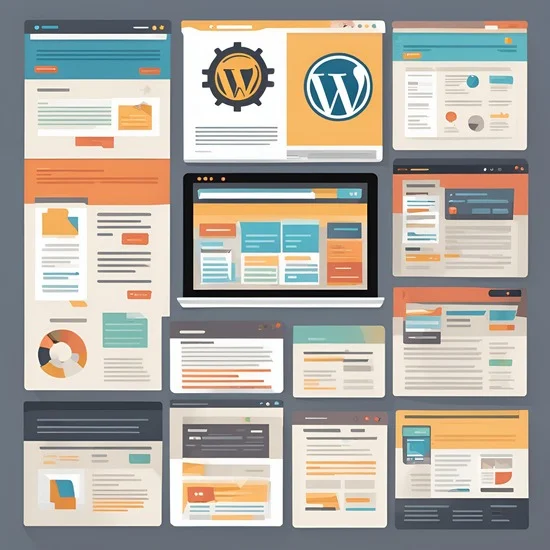1. Choosing a Domain
A domain is your website’s address on the internet (e.g., www.yourbusiness.com). It should be easy to remember, relevant to your business, and unique.
Tips:
- Brevity and simplicity: Choose a short and easy-to-remember name.
- Keyword usage: If possible, include keywords related to your business in the domain name.
- Extension: The most commonly used extensions are “.com”, “.net”, and “.lt”. Choose the one that best fits your target audience.
- Uniqueness: Check if your desired domain is already taken using domain search tools.
2. Choosing Hosting
Hosting is the place where all your website’s files and data are stored. A well-chosen hosting provider ensures fast website performance, security, and 24/7 availability.
Main criteria:
- Website size: If you’re planning a small website, like a blog or a basic site, shared hosting should be sufficient. For larger websites with higher traffic, VPS or a dedicated server is recommended.
- Speed and uptime: Choose hosting that guarantees fast loading times and 99.9% uptime.
- Technical support: Ensure the hosting provider offers 24/7 customer support.
- WordPress compatibility: Check if the hosting supports WordPress requirements, such as PHP 7.4 or newer and MySQL 5.7 or higher.
3. Most Popular Hosting Types for WordPress Websites
- Shared Hosting: An affordable solution for beginner websites.
- Advantages: Low cost.
- Disadvantages: Limited resources, suitable only for small websites.
- VPS (Virtual Private Server): Ideal for medium and large websites.
- Advantages: Higher speed, flexibility.
- Disadvantages: Requires more technical knowledge.
- Cloud Hosting: A scalable solution for websites with varying traffic needs.
- Advantages: High uptime guarantee, flexibility.
- Disadvantages: Can be more expensive.
- Dedicated Server: The best choice for large, resource-demanding websites.
- Advantages: Full control and unlimited resources.
- Disadvantages: High cost, requires advanced technical knowledge.
4. How to Choose the Best Option?
- Identify your needs: Consider your website’s size, expected traffic, and required features.
- Check hosting reviews: Read feedback and look for recommendations about reliable providers.
- Compare prices: Pay attention not only to the price but also to what you get for the cost.
- Check additional features: Some hosts offer free domains, SSL certificates, or website backups.
A well-chosen domain and hosting are the foundation of a successful WordPress website. Carefully assess your needs, analyze available options in the market, and invest in a solution that will not only meet your current requirements but also scale with your website’s future growth.




